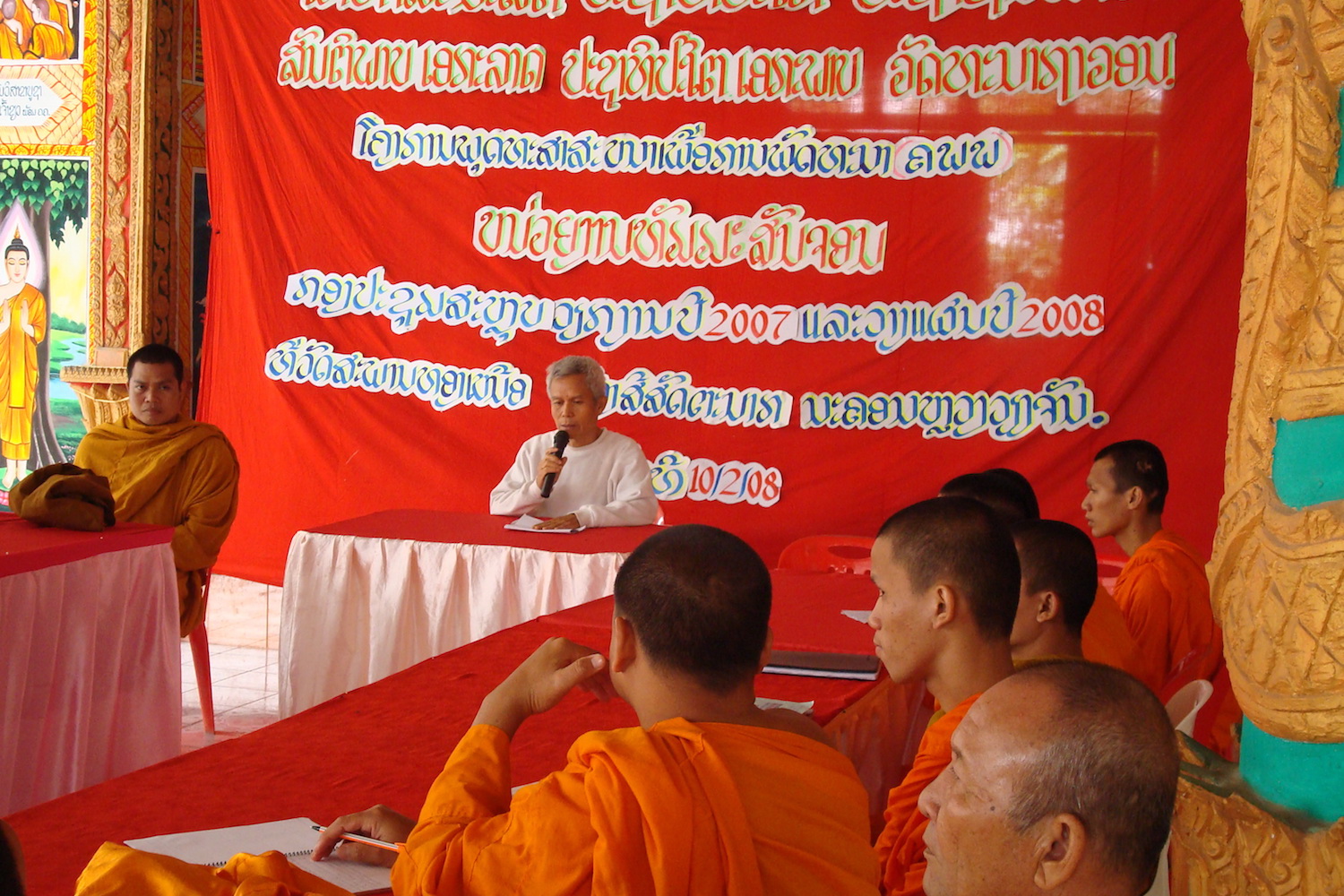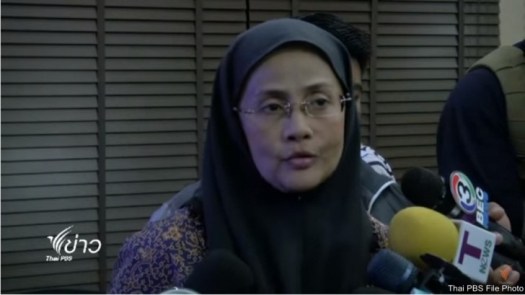Turkish Weekly: 07 June 2016, By Max Constant
Rights groups have called on Laos to immediately release three young Laotians arrested and detained since March on charges of criticizing the country’s communist government.
The trio is accused of participating in a demonstration last December in front of the Laos embassy in Thailand, and criticizing the “regime” on Facebook.
“The government’s systematic repression of all forms of peaceful dissent underscores the immense gap between Vientiane’s promises to the international community and its abusive behavior at home,” Karim Lahidji, president of the Paris-based International Federation of human rights, said Monday in a joint statement with the Laos movement for human rights.
“Laos authorities must immediately and unconditionally release three individuals who have been arbitrarily arrested and detained incommunicado for criticizing the government,” he added.
Lodkham Thammavong, a 30-year-old domestic worker, Somphone Phimmasone, a 29-year-old security guard, and delivery man Soukan Chaithad, 33, were shown May 27 on a Laos state security TV channel in what appeared to be a pre-recorded broadcast admitting that they recognized their mistake of “getting involved with a group that protested against the country’s policies”. Continue reading “Rights group demands Laos release detained activists”




 I began meeting you only after they said you were gone, a victim of enforced disappearance.
I began meeting you only after they said you were gone, a victim of enforced disappearance.


 Sombath Somphone, a prominent civil society member who was abducted outside a police post in the capital, Vientiane, in December 2012, remained disappeared with no progress in his case. In March, a former military general heading a non-profit organization – widely believed to be a government proxy – made a failed attempt to have Sombath Somphone’s name removed from the agenda of the ASEAN People’s Forum event. No progress was made in the case of Sompawn Khantisouk, an entrepreneur who was active on conservation issues. He remained disappeared since being abducted by men believed to be police in 2007.
Sombath Somphone, a prominent civil society member who was abducted outside a police post in the capital, Vientiane, in December 2012, remained disappeared with no progress in his case. In March, a former military general heading a non-profit organization – widely believed to be a government proxy – made a failed attempt to have Sombath Somphone’s name removed from the agenda of the ASEAN People’s Forum event. No progress was made in the case of Sompawn Khantisouk, an entrepreneur who was active on conservation issues. He remained disappeared since being abducted by men believed to be police in 2007.
 Enforced disappearance is when a person is secretly taken by the government, or by others with the knowledge and support of state authorities. The government then denies any role in the abduction, as well as knowledge about what happened, or where the person might be. The result is that the person is denied all legal rights and protection.
Enforced disappearance is when a person is secretly taken by the government, or by others with the knowledge and support of state authorities. The government then denies any role in the abduction, as well as knowledge about what happened, or where the person might be. The result is that the person is denied all legal rights and protection.
 JAKARTA – US Secretary of State John Kerry should raise concerns about the state of democracy and human rights in Laos and Cambodia when he meets with leaders in Vientiane and Phnom Penh this week, ASEAN Parliamentarians for Human Rights (APHR) said today.
JAKARTA – US Secretary of State John Kerry should raise concerns about the state of democracy and human rights in Laos and Cambodia when he meets with leaders in Vientiane and Phnom Penh this week, ASEAN Parliamentarians for Human Rights (APHR) said today.